
SDG Implementation
Goal 1: End poverty in all forms everywhere
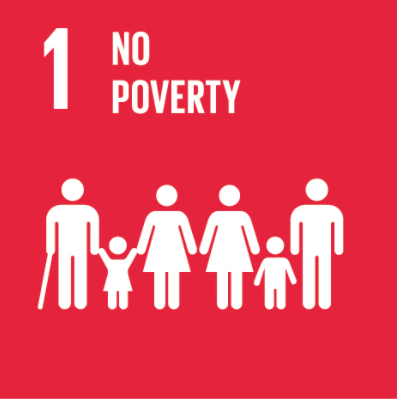
USAID’s Southern Africa Trade Hub – Storage Investments to Strengthen the Grain Industry in Malawi
USAID’s Southern Africa Trade Hub is currently developing an Agricultural Storage Investment Facilities (ASIF) in Malawi with subsequent replication into Zambia. The Trade Hub facilitates financing and investment into warehousing and to address investment bottlenecks. The agro-processing complex delivers major developmental outcomes to the National Smallholder Farmers Association of Malawi (NASFAM) and to Malawi as country.

B corps – Group of SMEs working on being the best companies for the world in Argentina
In Argentina, the group of ‘B corps’ has been growing strongly. These small and medium-sized businesses consider profit not as an end in itself, but as a mean to reach a social or environmental goal. Instead of being the best companies in the world, B corps want to be the best companies for the world.

Bioloos – Supporting Goal 1 and Helping Uplift the Marginalized and Vulnerable
Banka Bioloo is a women-led business organization mainly focussing on the problem of open defecation that takes place every day in the poorest areas of the world. Addressing the absence of water and sanitation that affects societies in a continuing state of poverty, Banka BioLoo is working towards attaining Goal 1 by providing sustainable sanitation through bioloos that help the wage-earner go to work every day and be more productive, by making them and their families live in a healthy and disease-free environment.

The National Smallholder Farmers’ Association of Malawi (NASFAM) – Tackling Poverty by Empowering the Poorest
To address a severe shortage of agri-warehousing in Malawi, a smallholders association is tackling this with a trade hub, including an agro-processing complex that will link smallholders to markets and value chains.
Goal 2: End hunger, achieve food security and improved nutrition and promote sustainable agriculture
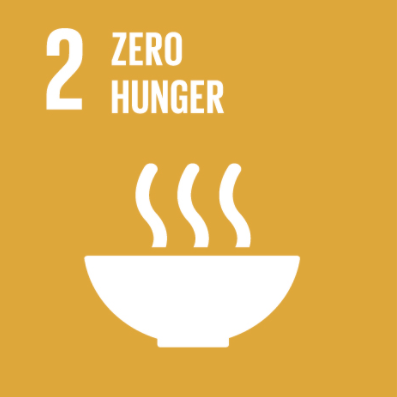
Global Alliance for Improved Nutrition (GAIN) – Food Systems: Building Bridges between Nutrition and Agriculture
Partnerships are important, but will be successful to the extent that the public policy goals are clear and are aligned with the CFS vision, are transparent, and open to scrutiny.

Global Farmer Network – Introducing the No-Till System Revolution in Argentina
During the 1970s, the No-Till technology was brought to Argentina, which is a sustainable agronomic production system that allows the ground to retain moisture, build up nutrients and improve biodiversity. This technique has reduced soil erosion by 90 percent and GHGs by 60 percent while increasing yields. It requires less inputs and better use of water resources resulting in less cost to produce more food and improved soils.

Mead Johnson Nutrition – Feeding Hope Supplemental Feeding Program
Feeding Hope is a tri-partite supplemental feeding initiative between MJN Philippines, the Kabisig ng Kalahi Foundation (Kabisig) and the Department of Social Welfare and Development (DSWD). The program is implemented in modules or groups of thirty (30) of the most malnourished school-aged children in selected communities nationwide.

Nestle – Maggi Simply Good Initiative
Studies have shown that when children learn to cook, they are more likely to eat nutritious food otherwise often rejected, like vegetables or salads. At Maggi, we understand the power of home-made cooking.

Nestle – Fortifying Maggi with Iron in East Africa
Given our market presence in East Africa, where we already fortify Maggi bouillons with iodine, we decided to also fortify them with iron, aligned with local food policies

Soft Commodities Forum Progress Report – December 2019
The Soft Commodities Forum (SCF) is a global platform for leading soft commodities companies, convened by the World Business Council for Sustainable Development (WBCSD) for the purpose of advancing collective action around common sustainability challenges.
Goal 3: Ensure healthy lives and promote well-being for all at all ages
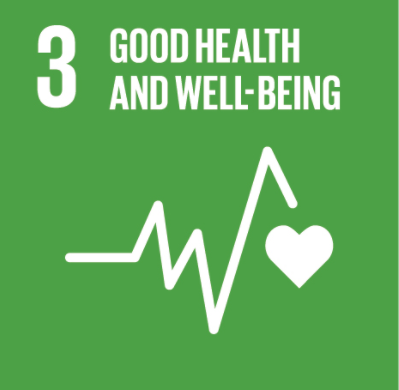
Ayzh – Elevating Women’s Health
Ayzh is elevating women’s health to be a core topic in the world. The mission of ayzh (pronounced “eyes”) is to bring simplicity and dignity to women’s health worldwide by providing girls and women access to health throughout their lives so they can deliver a healthier and wealthier world, passed on to generations.
Goal 5: Achieve gender equality and empower all women and girls
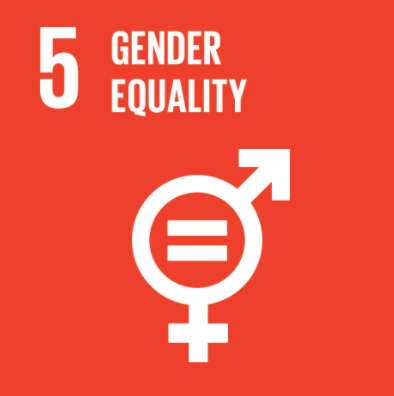
Nestle – Cocoa Plan to promote and support women in the cocoa supply chain
The Nestlé cocoa plan, launched in 2009, promotes and supports the lives of women in the cocoa supply chain by organising training on gender issues to challenge people’s perceptions of women’s role in the cocoa supply chain; by promoting local women’s associations connected with Nestlé’s supply chain; and by distributing trees.

Palmhouse Dairies – A Kenyan case study on the Role of Business in Gender Equality
Palmhouse Dairies is a micro processing plant based in rural Kenya that collects milk from 450 small scale farmers, 80% of whom are women, thus providing a market to them and a source of cash income. The Palmhouse Foundation is an education trust whose mission is to finance the secondary education of needy and deserving students, of whom half are girls. The foundation partners with other Kenyan corporate companies in Kenya.
Goal 6: Ensure availability and sustainable management of water and sanitation for all
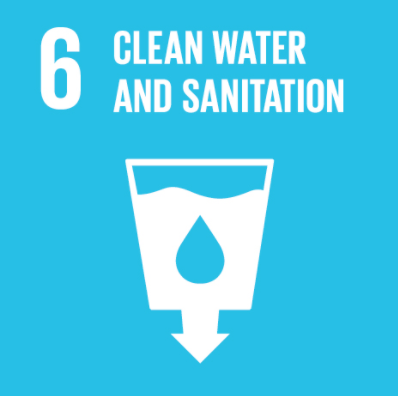
Inaya Group Ltd – Sustainable Water Management in a Rapidly Urbanizing Country
Water and sanitation cut across all 17 SDGs and in particular, correct management can have great impact on building sustainable cities and communities There are macro and micro ways of weaving sustainable water management into property management and development.
Goal 7: Ensure access to affordable, reliable, sustainable and modern energy for all
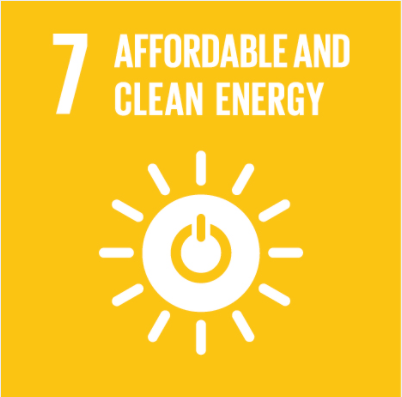
Ethanol – clean energy, secure local incomes, independence and food resilience
Ethanol is made in Europe by fermenting the starch in cereals. It currently provides long term income security for the equivalent of a hundred thousand average farm holdings, allowing farmers invest in innovation and resource efficiency and allowing their children imagine a future at home. Plus, it reduces both the greenhouse gas emissions and the air quality emissions of fossil petrol, while bringing security and progress to rural regions.
Goal 8: Promote sustained, inclusive and sustainable economic growth, full and productive employment and decent work for all
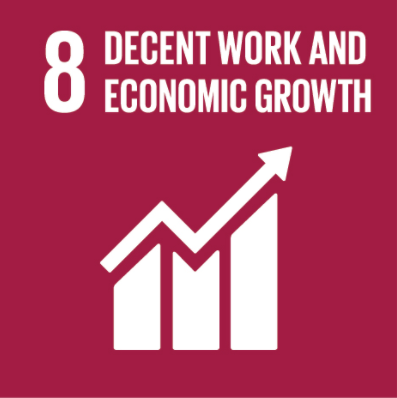
Bunge – Decent work for all and Economic growth, Bunge Citizenship Global Safety and Healthce and food resilience
Bunge’s Global Safety and Health initiative focuses on ensuring safety for all its employees and it entails a zero-incident goal, which is continuously monitored. Bunge is committed to promoting a safe, fair and collaborative working environment. Bunge assists the communities it is engaged with in disaster and hunger relief efforts, community projects, environmental preservation.

GAIN Access to Better Dairy: Developing a Sustainable Supply Chain for Affordable and Nutritious Dairy Products in Ethiopia
A Danish-Ethiopian project is on the way to making better use of the milk from Ethiopia’s 11 million dairy cows and bringing more nutrition to local, low-income families. If all goes according to plan, a safe, fortified and locally produced yoghurt will be on the market by 2019 – at a price the families can afford.
Goal 9: Build resilient infrastructure, promote inclusive and sustainable industrialization and foster innovation
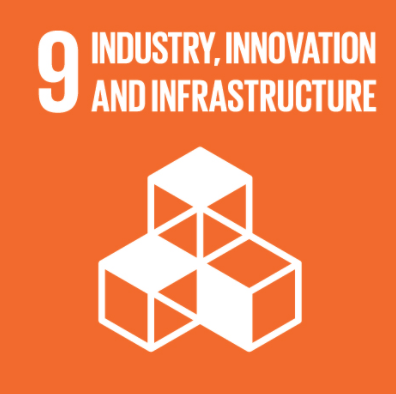
Balibago Waterworks – Innovation as the Key to Sustain Balibago Waterwork’s Sustainability in the Long Run
Balibago Waterworks is a company that contributes to deliver on SDG 9 by pioneering strategic infrastructures on potable water, serving over a million Filipinos. Such innovative projects include joint ventures to rehabilitate distressed, government-owned water districts.

The EcoTech Complex – A Revolutionary Breakthrough in Water, Power and Waste
Brisa has developed a new, proprietary, breakthrough infrastructure technology, the Eco-Tech Complex, which turns existing fossil fuel power plants into zero-carbon emitters, and produces abundant carbon-neutral fuels for use in these plants at under $10US/barrel.

International Fertilizer Association – Changing the fertilizer industry through Protect & Sustain certification
The “Protein & Sustain” initiative has been developed by IFA industry members and it has become the global product stewardship standard for fertilizer production over the past years. It allows companies to become better in maximizing their efficiency, sustainability, safety and product security while minimizing their environmental impact.
Goal 10: Reduce inequality within and among countries
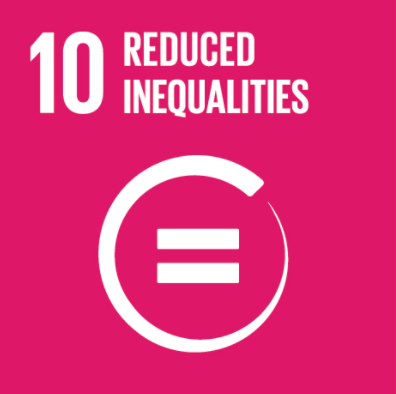
Vestergaard – Reducing inequalities through increasing resilience of small scale farmers: the case of ZeroFly insecticide incorporation technology in Africa
Vestergaard has created the ZeroFly Storage Bag. It is the first insecticide-incorporated storage bag to prevent damaging pest infestations, saving on the cost for repeated chemical treatment fumigation hence giving to poor small scale farmers more and better chances to maximize their profit through cheap, safe and prolonged storage solutions equally than large equal commercial farmers as well as farmers in more developed countries.
Goal 11: Make cities and human settlements inclusive, safe, resilient and sustainable
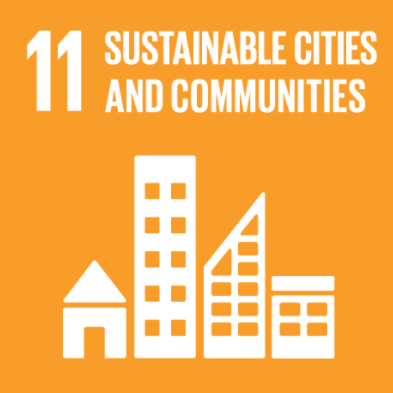
Duxton Asset Management – Strengthening links between urban and rural planning through agricultural planning and investments
Duxton Asset Management is committed to strengthen the social and economic linkages between urban and rural areas. It invested in the tea sector in Darjeeling, to rehabilitate and convert over 14 tea estates employing 10,000 direct employees and 60,000 dependents. A comprehensive economic and social program was introduced to improve living and economic conditions for the employees and their dependents, which resulted in an improved staff turnover rate and a reduced migration rate into the city of Kolkata.
Goal 12: Ensure sustainable consumption and production patterns
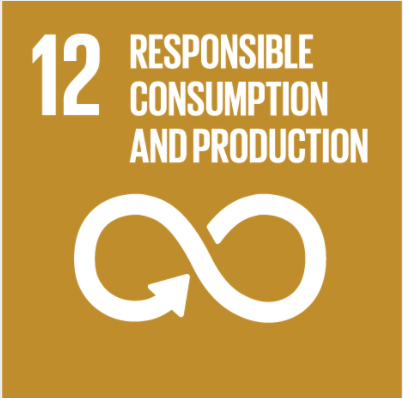
The Alliance for Food & Health – Finding New Ways Forward on NCDs
The Alliance for Food Health (AFH) is a new multi-stakeholder initiative designed to develop better ways to address non-communicable disease challenges. AFH is providing solutions to obesity-related problems from collaboration between highly diverse actors. AFH’ s actionable ideas are highly data-driven, backed by sound science, and are expected to take the form of actionable suggestions to government, industry, and others.
Goal 13: Take urgent action to combat climate change and its impacts
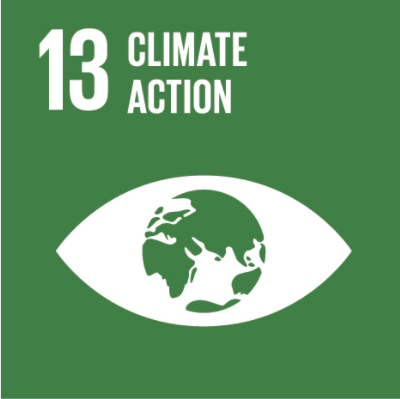
Global Pulse Confederation – 10-Year Research Strategy for Pulse Crops
The Global Pulse Confederation has elaborated a 10-Year Research Strategy for Pulse Crops, partnering with the International Development Research Centre (IDRC) of Canada. Pulses can contribute to fight climate change because they are both healthy for people and the planet. Pulses are a vital source of plant-based proteins for people around the globe and help prevent chronic diseases. They have nitrogen-fixing properties which can contribute to increasing soil fertility and have numerous environmental benefits including a low carbon footprint.

Soft Commodities Forum Progress Report – December 2019- 10-Year Research Strategy for Pulse Crops
The Soft Commodities Forum (SCF) is a global platform for leading soft commodities companies, convened by the World Business Council for Sustainable Development (WBCSD) for the purpose of advancing collective action around common sustainability challenges.
Goal 14: Conserve and sustainably use the oceans, seas and marine resources for sustainable development
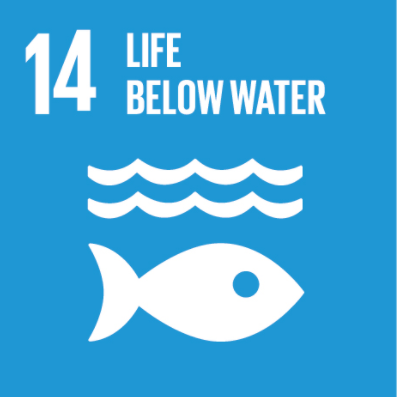
Waste 2 Worth – Solutions to create Maximum value from waste
In response to the high tonnage of waste in the oceans, W2Worth Innovations is a company dealing with waste management, which designs locally tailored waste solutions to extract the maximum value back from the waste for that economy. The company is currently focusing on South East Asia region.

The Commercial Groundfish Integration Program – Integrated Groundfish Fishery to create incentives for long-term stewardship of marine resources
The Commercial Groundfish Integration Program is comprised of seven different commercial fishing fleets. The CGIP represents SDG 14 in action by creating incentives for long-term stewardship of the marine resources and greater ecosystem. This is achieved through species quotas and limits, 100% at-sea monitoring program using video-based electronic monitoring or at-sea observers and 100% dockside validation and monitoring.

Piscari Fisheries Ltd. – Co-management – our key to ensuring renewable food security from our oceans
Given the oceans and their contents are essentially a public resource how best do we manage their sustainable utilization and conservation?
Goal 15: Protect, restore and promote sustainable use of terrestrial ecosystems, sustainably manage forests, combat desertification, and halt and reverse land degradation and halt biodiversity loss
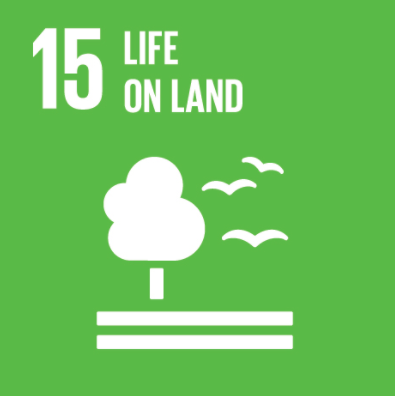
Syngenta – The Good Growth Plan to improve landscape management
Through its “Good Growth Plan”, Syngenta has commitment to improve the fertility of 10 million hectares of farmland, to halt and reverse land degradation, and combat desertification; and to enhance biodiversity on 5 million hectares of farmland – and thus support the halt of biodiversity loss. This is done mainly by promoting conservation practices based on minimum soil disturbance, crop rotation, permanent ground cover, and biodiversity enhancing landscape management through e.g. multifunctional field margins.
Goal 16: Promote peaceful and inclusive societies for sustainable development, provide access to justice for all and build effective, accountable and inclusive institutions at all levels
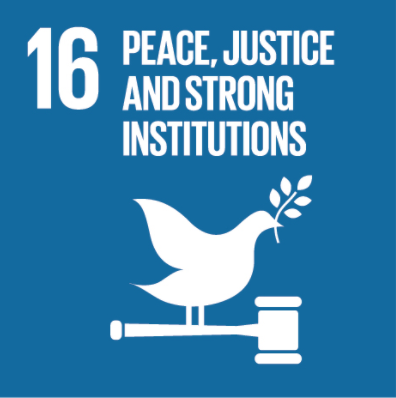
UN Global Compact – ‘Business for the rule of law’ Framework
The Business for the Rule of Law Framework seeks to advance the rule of law by engaging responsible business to support the building and strengthening of legal frameworks and accountable institutions – serving as a complement to, not substitute for, government action.
Goal 17: Strengthen the means of implementation and revitalize the global partnership for sustainable development
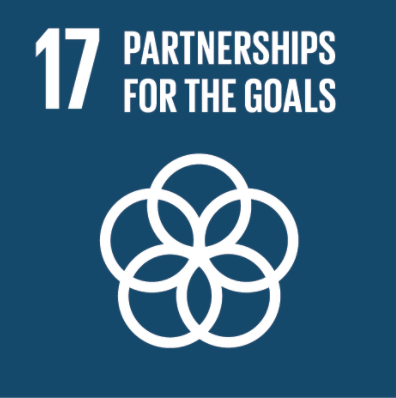
UN Global Compact – Local Networks as Drivers of Partnership
UN Global Compact’s 70+ Local Networks are playing a key role in rolling out the global goals to business communities in all regions of the world. They are also catalysing partnerships for the SDGs by building practical capacity for business engagement with the SDGs and specifically for cross-sector partnering, sharing partnering best practice and bringing business, government and civil society together to explore collaborative opportunities.

UN Global Compact – Local Networks aSoft Commodities Forum Progress Report – December 2019
The Soft Commodities Forum (SCF) is a global platform for leading soft commodities companies, convened by the World Business Council for Sustainable Development (WBCSD) for the purpose of advancing collective action around common sustainability challenges.
